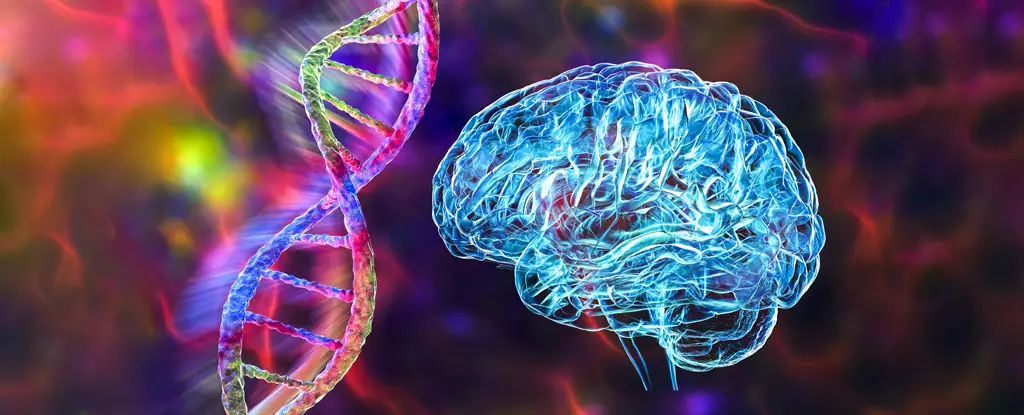Recent advancements in genetic research have illuminated the complex relationships among various psychiatric disorders. A groundbreaking study has unveiled that eight distinct psychiatric conditions share a common genetic foundation, emphasizing the need for a more nuanced understanding of how these conditions interact and manifest. The discovery that certain genetic variants are active at multiple stages during brain development suggests a potential avenue for treatment that could target several disorders simultaneously. This new understanding not only enhances our comprehension of psychiatric conditions but also paves the way for innovative therapeutic strategies.
Researchers identified significant gene variants that play a role in a variety of psychiatric conditions, including prominent disorders like autism, ADHD, and bipolar disorder. The concept of pleiotropy comes into play here, as certain genetic variants are found to affect multiple traits or conditions. This raises intriguing questions about the underlying mechanisms that govern these complex traits. Geneticist Hyejung Won of the University of North Carolina highlighted the interconnectedness of proteins produced by these genes, suggesting that alterations in these proteins can lead to profound impacts across the brain’s biological networks.
The identification of 683 specific genetic variants involved in gene regulation during the development of neurons provides further insight into how pleiotropic effects can cascade through various biological processes. It’s essential to understand that these variants interact intensely with each other, creating a network that may be responsible for the overlapping symptoms observed in different psychological disorders.
The overlap in genetic predispositions among these conditions is compelling, particularly given the high rates of comorbidity. For instance, a significant percentage of individuals diagnosed with autism also meet the criteria for ADHD, indicating a shared underlying genetic architecture. Family studies reinforce this notion, revealing that psychiatric conditions often co-occur within the same families. The dual presentation of these disorders underscores the limitations of traditional diagnostic classifications and shines a light on the necessity for a more integrated view of mental health.
The ability of pleiotropic genes to influence multiple neurobiological pathways suggests a promising avenue for treatment strategies. Targeting shared molecular mechanisms rather than addressing each condition in isolation could revolutionize psychiatric care. By honing in on the shared genetic variants among these disorders, researchers can develop more effective therapeutic interventions that take into consideration the complexity of the human brain.
As the field advances, it is essential to continue investigating how these genetic connections can be exploited for treatment. Understanding the nuanced interplay between genetic variants and their functional roles in brain development could ultimately lead to breakthroughs in how we approach mental health care. The implications of this research extend far beyond academic interest, as they hold the promise of improving the lives of millions affected by psychiatric disorders through more comprehensive and integrated treatment options.


Leave a Reply